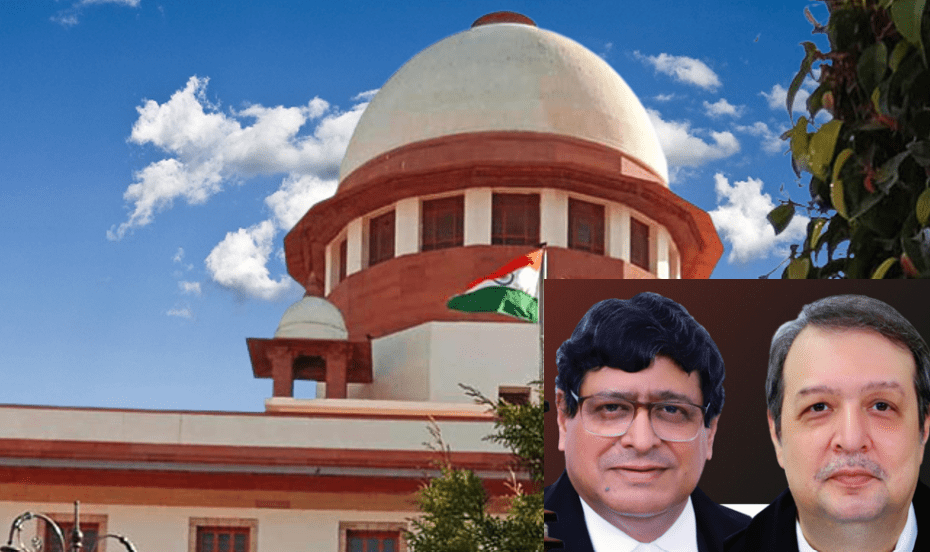
The Supreme Court of India has recently issued a judgment explaining the legal principle of res judicata. Res judicata is a legal principle that prohibits a case from being re-litigated once a final judgment has been delivered on that case. The Court has clarified that for the principle of res judicata to apply, the previous suit should have been decided on its merits.
The Court referred to the case of Satyadhyan Ghosal v. Smt. Deorajin Debi, which held that a previous suit will be considered to have been decided on its merits if the court adjudicated the matter after applying its mind to the merits of the case. The Court also cited the case of Om Prakash Srivastava v. Union of India, which held that a decision on a preliminary issue cannot be considered as a decision on the merits of the case.
The Court observed that if a suit has been dismissed without a decision on its merits, it cannot be treated as a matter of res judicata. This is because the previous suit was not adjudicated on its merits and therefore cannot operate as a bar to the subsequent suit on the same matter.
The Court went on to explain that the application of the principle of res judicata is subject to certain exceptions. One such exception is when the previous suit was dismissed for default or other technical reasons, and not on the merits. Another exception is when the previous suit was dismissed for want of jurisdiction, as such a dismissal would not amount to an adjudication on the merits.
The Court cited the case of R.N. Bose v. State of Bihar, which held that when a rent controller decides a case, it is an adjudication on merits, even if the decision is erroneous. The Court emphasized that the principle of res judicata is founded on public policy and aims to prevent a party from being vexed twice for the same cause of action. The Court also observed that the application of res judicata must be made in a sensible and pragmatic manner to ensure that the principle does not lead to injustice.
Overall, the Supreme Court has clarified that for res judicata to apply, the previous suit must have been decided on its merits. However, there are certain exceptions to this principle, and the application of res judicata must be done in a sensible and pragmatic manner to ensure that justice is served. The Court has also clarified that the decision of a rent controller in a case is an adjudication on merits, even if it is erroneous.
Written by Nidhi Bhadauriya, 2nd semester BALLB student from Vivekananda Institute of Professional Studies




0 Comments